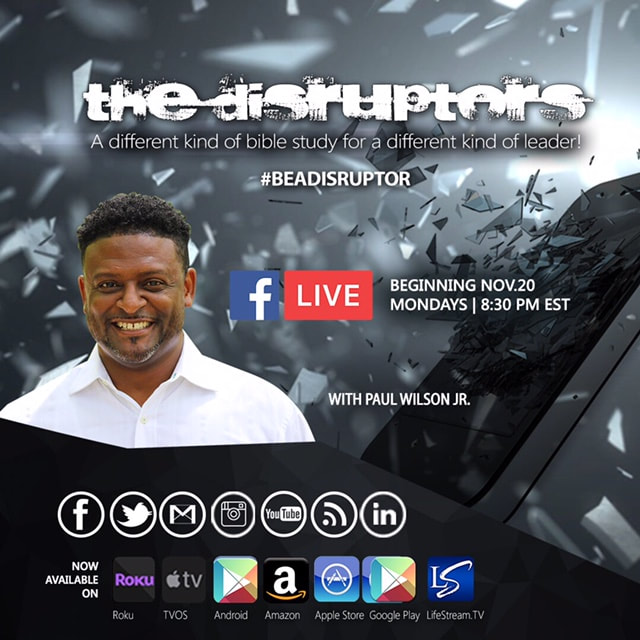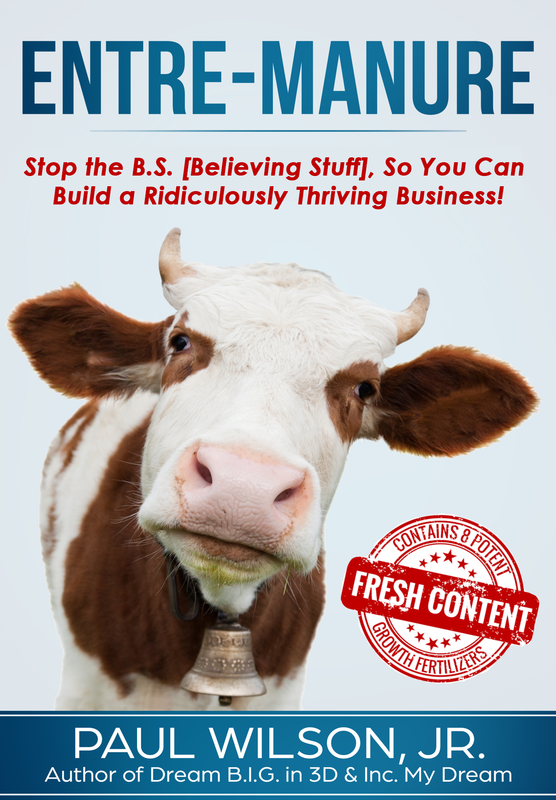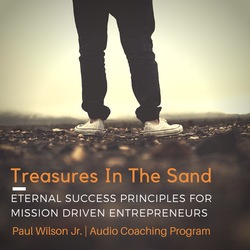|
We know the cost of the fallout is not yet calculated from the aftermath of the events in Ferguson over the past few days. However, what we do know is that the first victims after the verdict was announced were small businesses in the "hot zone" that were burned to the ground. Operation Hope CEO and empowerment advocate John Hope Bryant wrote an article on LinkedIn entitled: "The Second Victim of Ferguson. The Death of Business and Jobs" that highlighted the potential long-term devastating impact of the loss of small businesses. According to Bryant, the specific small businesses that burned down and/or looted included: QuickTrip, Ferguson Market, AutoZone, wireless telephone store, beauty supply store, a public storage, and a BBQ restaurant. Bryant says: "None of these businesses had anything to do with the injustices of Ferguson and its criminal justice system, but many may never open again, or even have a desire to come back. And given that 92% of all jobs in America are private sector, this means that a community that had few jobs before the Michael Brown crisis, now will have significantly less still. This is one reason I'm a huge advocate for entrepreneurship training in urban areas as a vehicle to create opportunities and help lift people out of poverty. Prayerfully Ferguson's entrepreneur community will be able to rebuild with an increased emphasis on more people becoming small business owners. Economic empowerment must become one of the the key aspects of community rebuilding. Click here to read the full article on LinkedIn: https://www.linkedin.com/pulse/article/20141125191809-23074630-the-second-victim-of-ferguson-the-death-of-business-and-jobs Leave your comments below... Poverty and injustice are not the central focus of the Gospel but they should be significant areas of concern for those who are followers of Jesus Christ. Jesus says in Matthew 25:35-45 that how we have treated the poor, imprisoned, and homeless is a direct reflection of how we deal with him. And according to James 1:27, "Religion that God our Father accepts as pure and faultless is this: to look after orphans and widows in their distress and to keep oneself from being polluted by the world." Dr. Martin Luther King Jr. was a major advocate for the fight against economic injustices, especially later in his life (you can hear some of his views in the video below). This coming Monday night at Kingdom Business University's business Bible study, we'll be discussing some of Dr. King's views on economic injustice, including poverty and unemployment. Please join us at 7:30 pm for a poignant and relevant conversation to you as a Kingdom builder. Click the image below for more information. What are you thoughts on King's views on poverty?
As we wade through another holiday shopping season of hyper-marketing, once-in-a-lifetime-until-next-year black Friday discounts, and customer brawls, it's easy to lay the blame for this atmosphere on our "greed-driven capitalism." However, the reasons for the current environment is more complex than that generic label. In his recent article, Capitalism and the Kingdom, Bob Lupton of FCS Urban Ministries discusses the delicate balance through which we should view capitalism, especially as it relates to how Christians are to deal with the poor. Here's an excerpt... "I am convinced that the only thing that will enable the poor to emerge from poverty is a decent job. I am further convinced that the best chance of creating decent jobs lies with our free market capitalists. Does this mean that capitalism is the Divine design for bringing about Shalom? I suspect not. Nor is any economic system devised by flawed humanity. But in spite of its bent toward self-interest, even with its excesses and inequities, capitalism has an historic opportunity to create shared prosperity that can benefit every person on the globe. What capitalism needs in order to fulfill its promise is sanctified self-interest." In this interview with Pastor Calvin Jenkins I share a Kingdom perspective of today's economy and how we should respond as Christians.Enjoy!
Please share your thoughts below... If your goal is to make a community impact through an organization which structure is best, for profit or not for profit? Both structures have their pros and cons. Bob Lupton, founder of non-profit FCS Urban Ministries, lays out the case supporting the need and significance of for profit organizations. According to Lupton, "Only for-profit businesses produce the wealth that truly enables people to thrive. Here's an excerpt from his most recent blog: "In a strange sort of way, for-profits are cleaner than non-profits. For-profits must produce. Their product must sell, their service must meet a real need, or they will burn through their start-up capital and be out of business. They cannot long exist on unfulfilled promises or failed expectations. But non-profits are different. Their bottom line is evaluated by good accomplished, not money earned. And good accomplished is much harder to measure than monetary gains. Non-profit activities may be measurable – number of meals served, number of clients seen, number of garments distributed – butactivities are hardly the same as outcomes. As a matter of fact, many non-profit activities actually do more harm than good. It is very difficult to gauge when a soup kitchen meal is a survival safety net or dependency deepening subsidy. Thus, non-profits’ stock and trade are meaningless numbers, questionable outcomes and heart-warming stories. You see why I say for-profits are cleaner than non-profits?" Continue reading For Profit or Not For Profit?... **********************If media is the only source we use to define the rich and poor then our definitions could become skewed compared to how the Bible describes the rich and the poor. Further, we must lean on Bible truths and principles - not the media or our own prejudices - to determine how we're supposed to deal with both groups of people. In Dr. Glenn Sunshine's new book, For the Least of These: A Biblical Answer to Poverty, he examines poverty from a biblical perspective in an effort to better understand the biblical call to care for those who in different conditions of poverty, both material and spiritual. Here's an excerpt from his book: At first glance, the Bible demonstrates that God cares about the poor and about how they are treated. Should we conclude from this that God is on the side of the poor and opposes the rich? This is a tempting conclusion, but is it supported by a careful reading of Scripture? Answering these questions requires determining what the Scriptures mean when they talk about the poor and the rich. ******************** Who are the Rich? Continue reading the entire article at: http://http://blog.tifwe.org/who-are-rich-and-poor/ ********************by Lavonya Jones Once Jesus had accomplished His mission in the Earth, He instructed us to “’Go therefore and make disciples of all the nations, baptizing them in the name of the Father and of the Son and of the Holy Spirit, teaching them to observe all things that I have commanded you; and lo, I am with you always, even to the end of the age.’ Amen” (Matthew 28:19-20). According to Ed Silvoso, in his book Transformation, “to disciple a nation means to impact its life so that it will conform to a set of specific values and develop a corresponding behavior.” This means to cause the culture of the nations to conform to the values of God’s Kingdom of love, joy, and peace. Therefore, as a Church, we are not just called to transform the lives of individuals, but also the conditions and environments in which they live. We are called to restore back unto the nations their honor and glory. Ed Silvoso further states that, “The premier social indicator that transformation has taken place is the elimination of systemic poverty.” Our efforts as the Church must provide value to the vitality of the entire community. The heart of the nation is the city, and the heart of the city is the marketplace. Therefore, transformation must begin here. Without a clear presence of the Kingdom of God in the marketplace through the placement of marketplace ministers, what happens inside our four walls is nothing more than a spiritual parade or pep rally. The Church must proactively seek a point of inception into the marketplace through the seven mountains of culture (family, government, media, economy/business, arts/entertainment, education, and religion), enforcing the Kingdom of God over the four values of control of the kingdom of darkness (control, immorality, pride, and exploitation of nature) with the righteousness, peace, joy, and power of the Kingdom of God (Rom 14:17). As we see in the world today, anyone with resources can address social issues, but only Spirit-filled believers have the access to the Tree of Life (wisdom-Prov. 3:18; the fruit of righteousness-Prov. 11:30; desire fulfilled-Prov. 13:12; a soothing tongue-Prov. 15:4) to solve the problems of the world, and to bring healing to the nations through the demonstration of God’s power with signs, wonders, and miracles. This is the most powerful key to opening up the nations to be transformed by the Kingdom of God. Statistically, over 90 percent of the Church does not feel that they are properly equipped by nuclear church leaders to impact their areas of influence in the marketplace. Marketplace ministers must be taught that they are called to do business, with the expectation to succeed, so that they may be granted influence, or authority, over their cities to be able to release the culture of Heaven in their cities. Every member in the Body of Christ has been given a specific assignment to display God’s glory and power, and to usher in the Kingdom of God among the nations. With this assignment, God has designated particular groups of people, particular regions, and particular areas for each of us to pour out our gifts and talents, for His glory, in order that we might fulfill our assignment on this earth. Therefore, marketplace ministers are key to city transformation and just as important and vital to the Kingdom of God as nuclear church ministers. As marketplace ministers we are to use our anointing to display God’s glory and power in our area of influence “so that sinners will turn from darkness to light and from the dominion of Satan to God” (Acts 26:18), transforming people and their environments. When we get the revelation that God has called us, He has anointed us, He has graced us, and given us authority, power, and jurisdiction in the arena of the marketplace we are well on our way to allowing God’s kingdom to replace Satanic systems in the heart of our communities and cities. About the Author Lavonya Jones is a fierce new generation Business Strategist and Leadership Coach with over fourteen years of business, ministry and leadership experience. Armed with a passion to challenge the status quo within the upcoming generation, Jones is on a mission to bridge the destiny gap and equip leaders around the world with the spiritual and practical tools they need to fulfill God’s dream for their lives. Website: http://www.ReturnToYourDreams.com Facebook: https://www.facebook.com/CoachLavonyaJones Twitter: https://twitter.com/Return2UrDreams Please support our efforts to fight poverty, grow local businesses, and create jobs...In recent years there has been a shift in the conversation of how we can more effectively eliminate poverty in third world countries. And most of the discussion centers around increasing enterprise and entrepreneurship among the poor vs. increasing aid given to them. One of the leading voices in this change of thought is Michael Matheson Miller, a Research Fellow at the Acton Institute and the Director of Poverty Cure. He wrote this in a recent article: We see poverty in the developing world and we ask—what can I do? So we send food, water, clothes. We sponsor children, build wells, start schools and go on mission trips; we wear wristbands, we sign petitions, we advocate. But what if the question that animates our activity is the wrong one? God desires that all of His children would prosper, so the conversation around this shift to creating prosperity shouldn't just be for third world countries. I believe these is a very timely and relevant discussion even for Christians in America. We need to more deeply consider how we are strategically attacking the issues of poverty in our own national backyard, especially as it relates to utilizing enterprise and entrepreneurship to empower people to becomes agents of their own transformation. I'm excited about this shift and I hope to part of not just the conversations but the practical application / implementation of these ideas and concepts. Read Miller's full article posted on QIdeas: http://www.qideas.org/blog/the-shift-from-alleviating-poverty-to-creating-prosperity.aspx With Passion in Action TV I'm always excited to interview leaders who inspire and motivate you to live the life God designed you for and this week's show is definitely no exception. My special guest is Paul D. Jones, a Kingdom entrepreneur in a true sense of the word. Here are a few highlights from his bio:
 Learn more about how Paul and how he achieved success as a godly millionaire this Thursday, August 1st, live streaming at 7 PM ET only at www.passioninaction.tv. You can watch on your computer or any mobile device. See you Thursday! [This video was originally posted at QIdeas.org] In this current business environment, more brands seem to be coming to the realization that focusing on being a good corporate citizen is more beneficial than trying to manage the risk of questionable or unscrupulous behavior. Dale Partridge, CEO and Co-Founder of Sevenly.org, questions whether a brand, in fact, can contribute to the common good. Dale brings up some interesting points, but what I most agree with him on the fact that Christian business owners and leaders are best positioned to lead the marketplace forward through ethical, moral, and people-focused business practices. RELATED: Grow Businesses. Create Jobs. Defeat Poverty. What say you? Please leave your comments below... |
Watch The Disruptors Streaming Bible Study!
Struggling Christian entrepreneur? My new ebook was written just for you!
Get the app that connects your career, calling & community!
Connect Your Faith With Your Work

Dream B.I.G. in 3D will take you on an internal treasure hunt to connect your career path to your purpose. Click here to learn more...
Popular PostsArchives
February 2018
Categories
All
Link RollAmos Johnson Jr.
Brotha Online Magazine Business as Mission Greater Seas Marketplace Chaplains Metro Merge Milestone Motivation Partners Worldwide Sacred Enterprises The High Calling TIFWE.org |
|
Contact us today: 678.310.3017 ❖ [email protected]
© 2009 - 2024 Paul Wilson Jr. All rights reserved. |


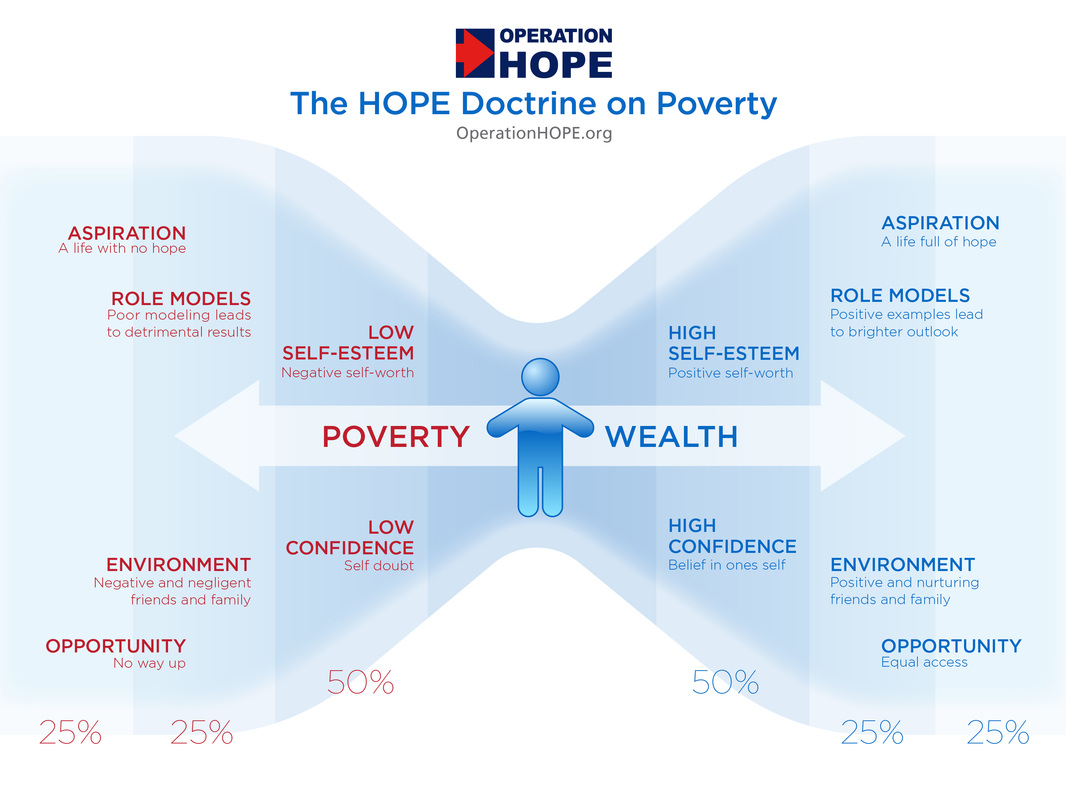


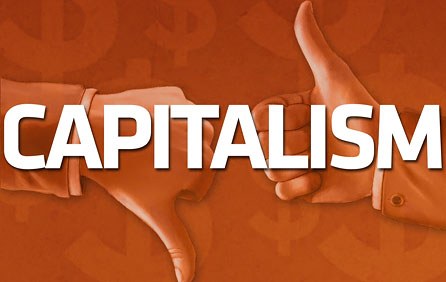




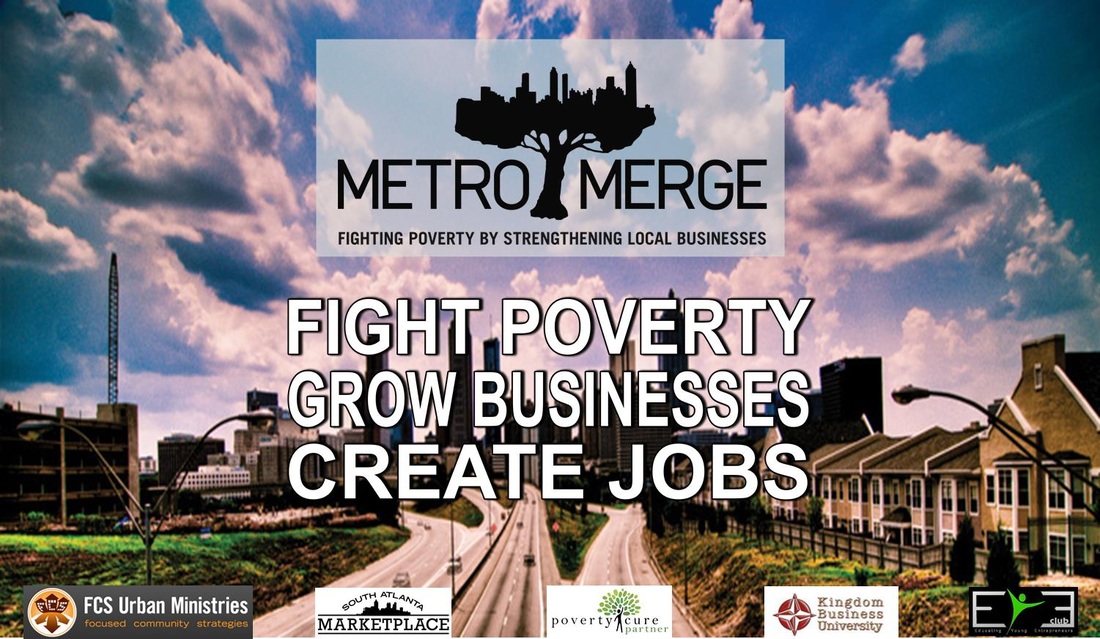

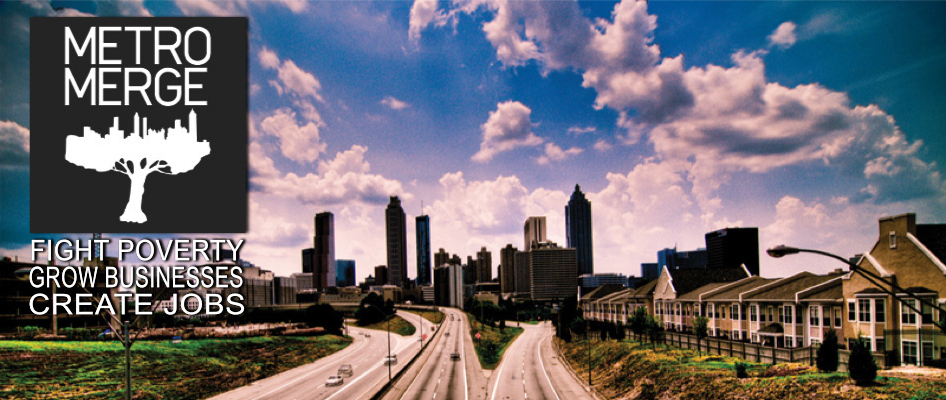


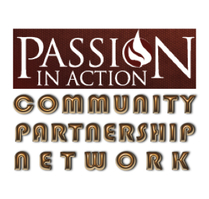
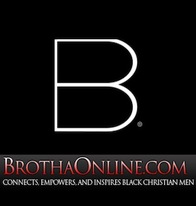
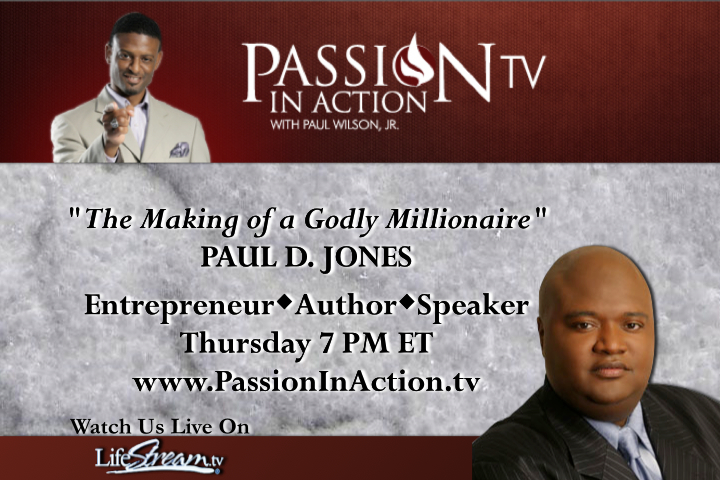


 RSS Feed
RSS Feed
